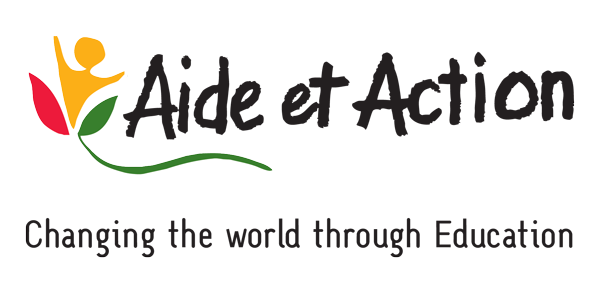As the pandemic prevention measures have been implemented across the Greater Mekong Subregion in recent months, more than 13.5 million pre-primary and primary school children across Cambodia, Laos and Vietnam have been affected by school closures, regardless of ethnicity or economic status.
As pre-schools remain closed, new resources have been mobilised and guidelines created on how to support early childhood care and education at home in the context of COVID-19. From NGOs to financial and development institutions, the rapidly changing situation has prompted all sectors to examine the needs of parents and children and provide appropriate support if possible.
Ines Provoost, regional senior programme officer at Aide et Action, posits that “this increased involvement of parents and caregivers during this period of disruption has contributed to an increasing awareness on the importance of early childhood care and education and the capacity of families to provide nurturing care and support early learning, which was often seen as the responsibility of teachers”.
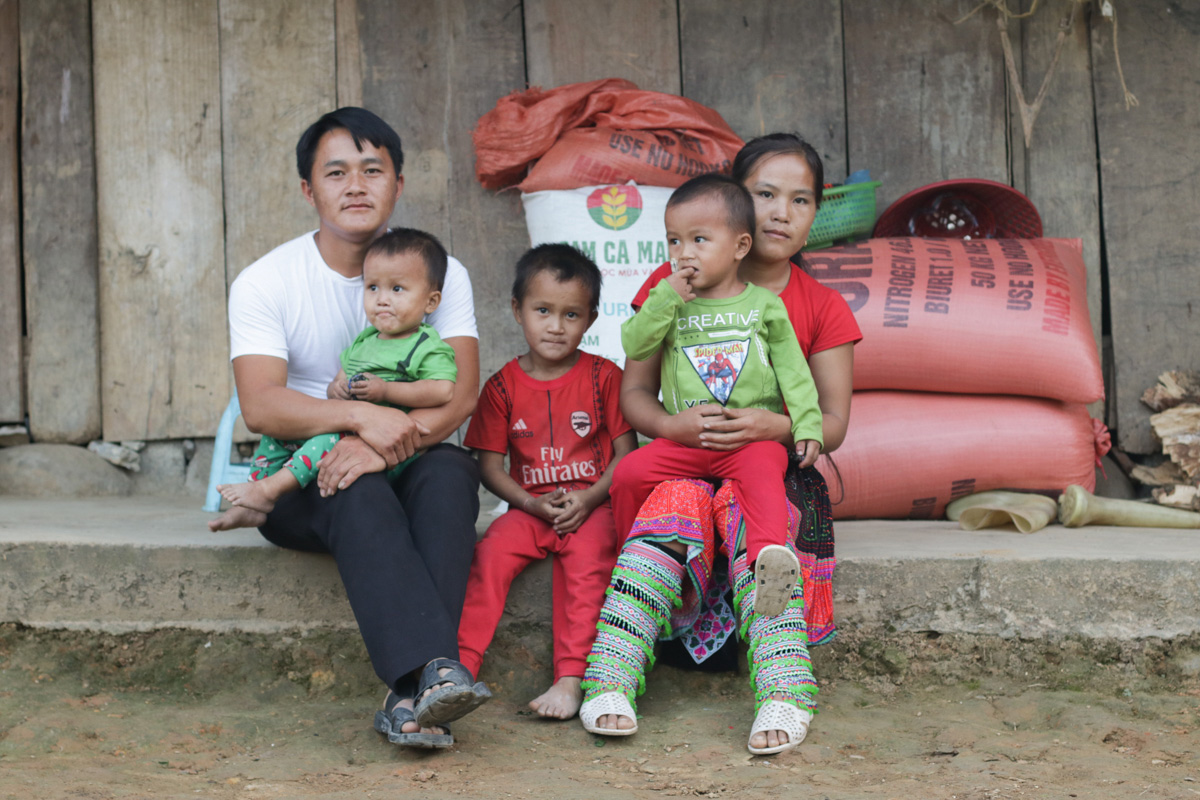
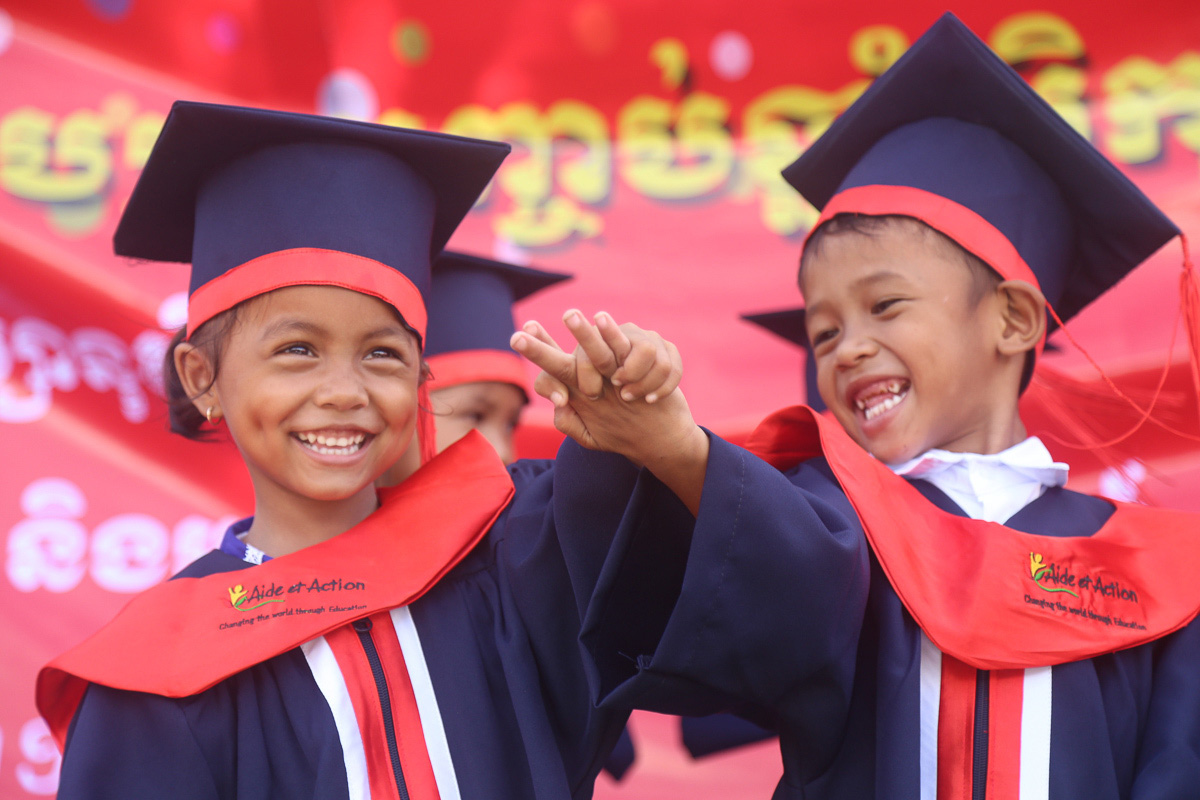
Before school closures, preschool teachers were also vastly outnumbered by their students in Cambodia, with a teacher/student ratio of 1:30. According to Hem Srey Oun, a preschool teacher in Kep province, Cambodia, such large class numbers can lead to a reduction in the quality of teaching and learning. What class numbers will be like when preschools reopen in Cambodia remains to be seen. For now, the Government has granted permission for informal classes to run in communities with a maximum number of ten per group.
Although quality early childhood care and education is proven to support children’s cognitive and socio-emotional development, access to quality pre-school education remains a challenge in low- and lower-middle-income countries in Southeast Asia. Before the coronavirus pandemic, children from poor families, as well as those living in geographically remote areas, were the least likely to receive pre-school education and consequently often remain stuck in cycles of poverty.
Pre-pandemic, only 20% of children in Cambodia and fewer than 40% in Laos had access to early childhood education before entering primary school. Not being prepared to enter primary school coupled with other factors such as malnutrition and language barriers were causing some children to drop out of school before achieving basic literacy skills. In Vietnam, according to Government reports in the 2017/18 school year, primary school enrollment rates among ethnic majority children such as the Kinh were as high as 95%, while ethnic minority children had very low enrollment rates, such as 71% among the Dao and Mong.
But now, with traditional avenues to education closed amidst the pandemic, governments and NGOs across the region are prioritising flexible learning strategies.
In Cambodia, where almost 25% of Grade 3 children can’t write a single word in a dictation and the state school norm remains rote learning (teaching by repetition), this strategic shift is a welcome departure that may lead to more inclusive education methods. During the pandemic, state curriculums are being broadcast by TV and social media and the government is working on a radio programme in ethnic minority languages.
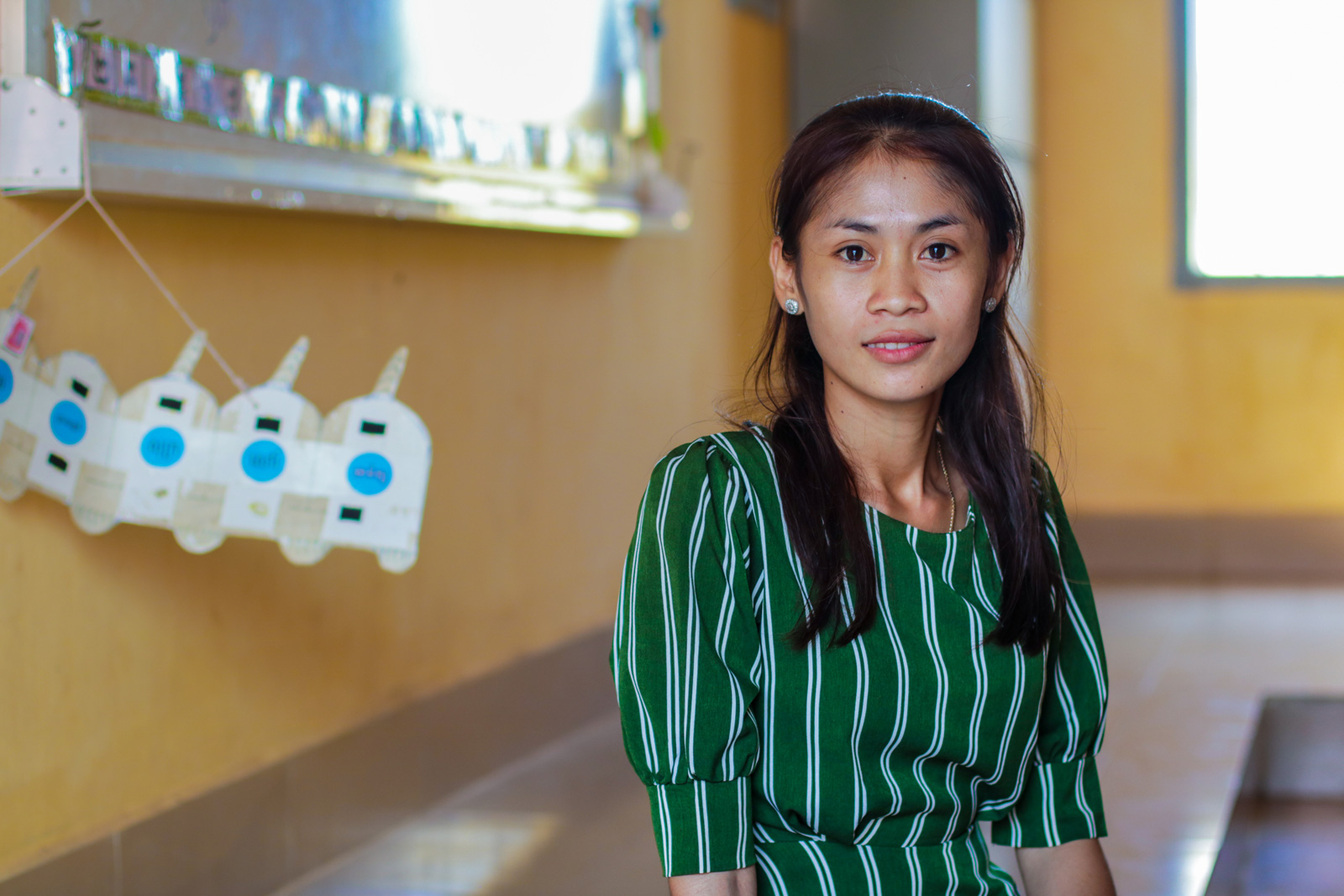
While this shift to new platforms is breaking new ground for many in the country, international NGOs like Aide et Action have been advocating for the use of technology for almost a decade.
While this shift to new platforms is breaking new ground for many in the country, international NGOs like Aide et Action have been advocating for the use of technology for almost a decade.
As disruptions to early childhood care and education services impact on children’s development and learning, Aide et Action’s Khmer Library app – a component of the organisation’s Khmer LEARN educational platform – is one such initiative aiming to fill the region’s educational void. It has already proved popular in Cambodia, with over 100,000 downloads on Google Play as of May 2020 and 130 new users each month on average.
As schools are closed, primary caregivers are on the educational front line during this period, and they may lack the time, resources and knowledge to maintain a supportive and stimulating learning environment at home. By offering more than 1,000 titles of digital children’s books, in Khmer and in the languages of ethnic minorities, the application offers free access to books across the country. Audio books and educational games are also available for early learners as are daily storytelling sessions.
To assist caregivers, especially those caring for children with disabilities who are particularly vulnerable during this time, Aide et Action has also developed a platform for staff, partners, teachers and parents, to teach them how to use technologies to educate children and facilitate learning at home.
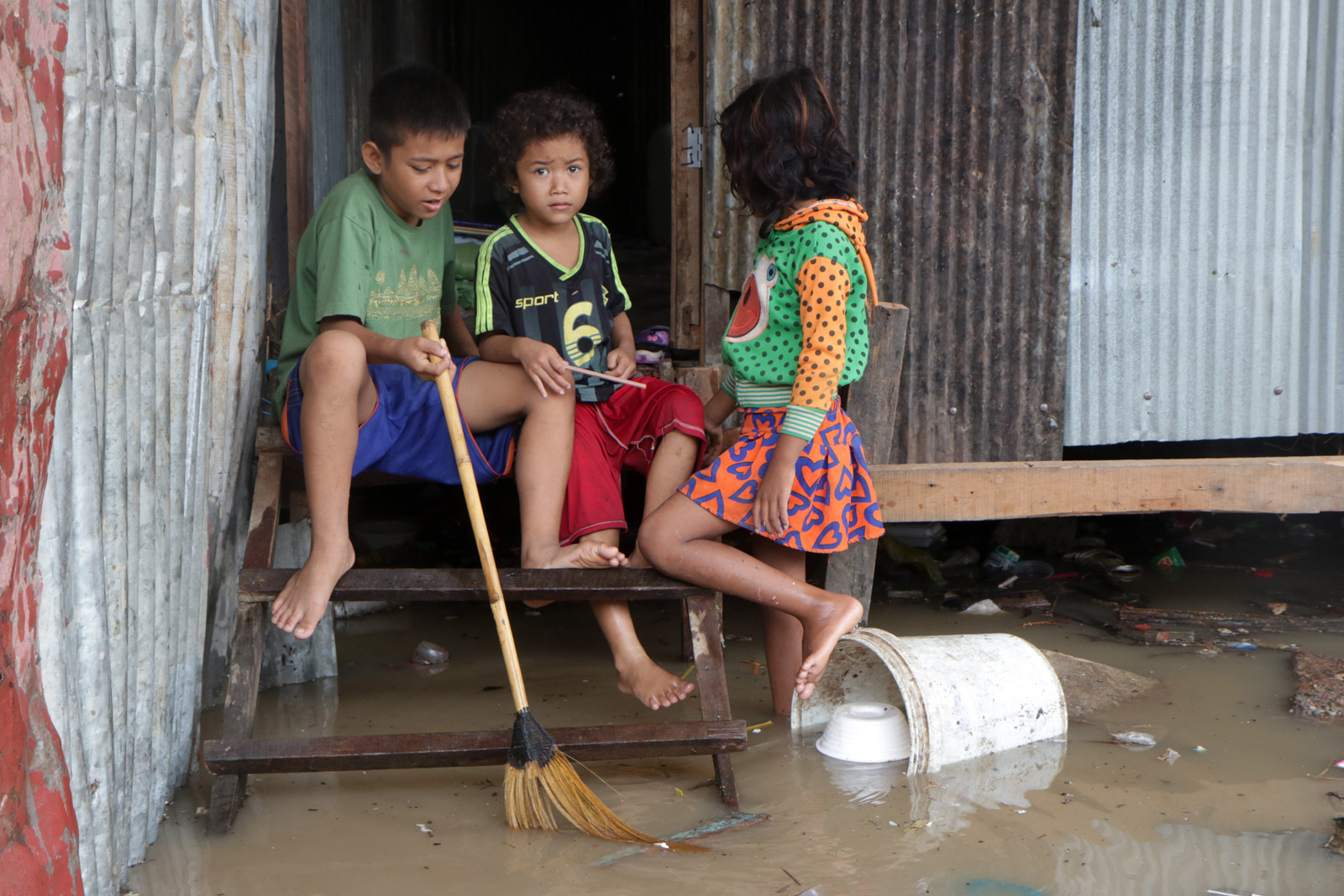

But while online learning is being promoted across the region, a digital divide remains.
Vulnerable and marginalised populations who may be facing financial insecurity may not have the resources or access to technologies to implement distance learning coping mechanisms. In Laos, for example, access to smartphones, computers and even in some cases electricity, prevents children from participating in distance learning programmes. In rural parts of northwest Vietnam, access to TV and mobile data also led to some children – largely ethnic minority populations – to miss out on state-implemented education programmes.
In Phnom Penh, Cambodia, those living on the threshold of poverty are also struggling to support their children’s education during school closures. Mother-of-three Oun Kim Ly is finding it difficult to meet her children’s needs.
“Teaching three children aged 5-13 years old is challenging because I never went to school and I can’t teach them enough,” explains Ly. Her illiteracy as well as a lack of socio and economic resources means her children are not receiving educational support at this time.
There is no one-size-fits-all when it comes to education, especially in the current context, however the crisis has highlighted this in ways that Aide et Action hopes will be remembered in future policy planning and implementing.
It is likely that crises like this will continue to unfold and the responsibility of early childhood care and education will increasingly fall on caregivers and families. Technology has proven to bridge some of the communication and learning gaps induced by education disruption and social distancing measures.
Failure to offer quality and inclusive early childhood care and education not only limits children’s futures by denying them opportunities to reach their full potential but also limits the futures of countries, denying them of the human capital needed to reduce inequalities and promote peaceful, prosperous societies.
The success of early childhood care and education programmes can make a significant contribution to equal opportunity and to reducing income inequality, paving the way for a more sustainable future, post-pandemic.
This article has been written by Aide et Action, as a part of a partnership with Southeast Asia Globe to highlight the need for equal access to education in the region. Find out more here
